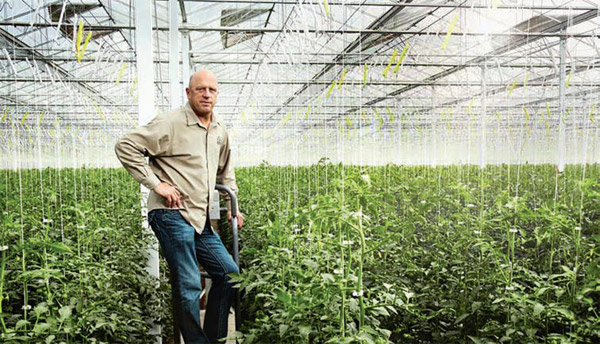By Brice Wallace
Five years ago, Gov. Gary Herbert challenged Utah’s private sector to create 100,000 jobs in 1,000 days. Now he’s doing the same for rural parts of the state.
During his “State of the State” address, Herbert proposed the creation of 25,000 new jobs in rural and outlying parts of the state — 25 counties off the Wasatch Front — over the next four years.
“A year ago, I pledged we would not rest until all 29 counties and all 245 cities and towns in our state are full participants in Utah’s tremendous economic success. … Reaching that [job-creation] goal will require unprecedented partnerships to grow and diversify the economy in rural Utah,” Herbert said.
The call to action mimics the earlier initiative for the entire state. In 2014, when the 1,000-day mark neared, the governor announced that the private sector had created 112,200 jobs.
The governor said he will work with Lt. Gov. Spencer Cox, the Utah Rural Partnership Board, the private sector and the Legislature “to ensure that all Utahns have the same economic opportunities.”
Herbert noted that tourism is a strong component of rural Utah’s economy. The $8.2 billion annual industry is generating more than $1 billion annually in state and local taxes, and adding jobs and more economic diversity to rural areas. “But,” he said, “tourism is only one piece of the puzzle.”
Many businesses are working with the state to innovate and to expand. He cited as an example Houweling’s Tomatoes in Juab County, which has grown to 280 full-time jobs. The operations include a 28-acre greenhouse near Mona. In 2014, the company was approved for a tax credit incentive from the state for more than $4.6 million tied to the creation of the 280 jobs.
“Still, the fact remains that parts of Utah outside the Wasatch Front are struggling,” Herbert said.
In a speech a week before the “State of the State” address, Herbert said rural Utah needs economic diversification instead of relying just on farming, natural resources and tourism and travel. Economic challenges in rural Utah is a problem for everyone, including those along the Wasatch Front, “and we need to work together,” he said, “to make sure that we provide them with the opportunity to have success economically.”








